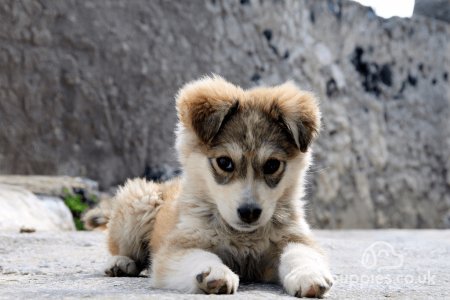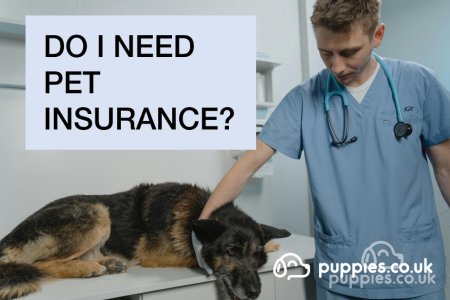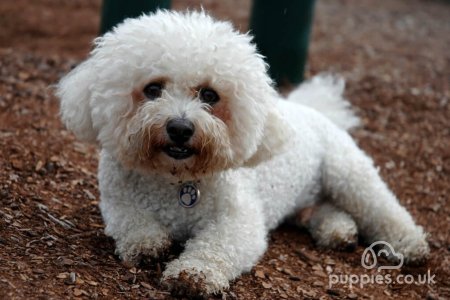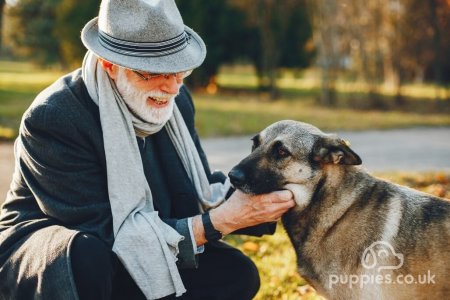Why Do Dogs Pant? 7 Top Reasons Your Dog Is Panting A Lot
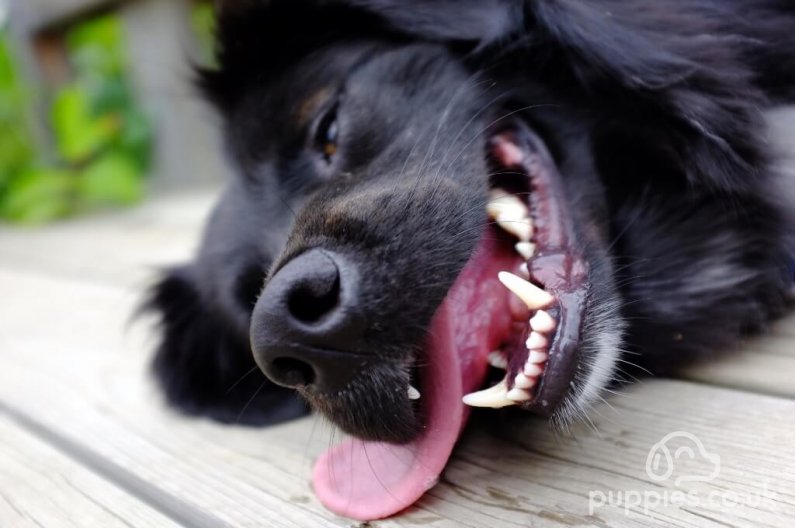
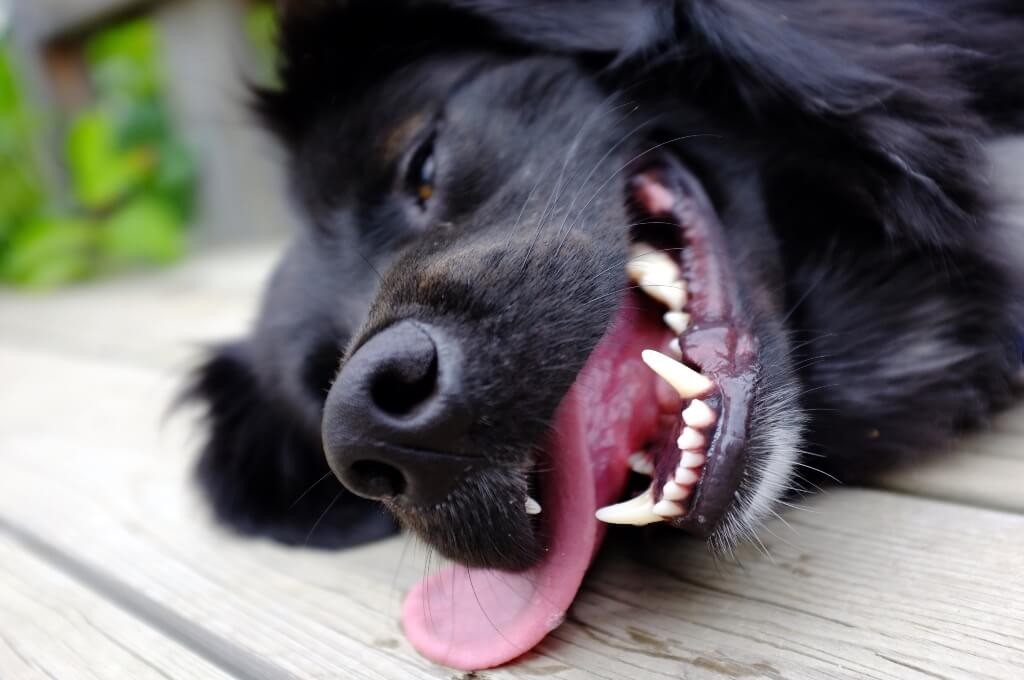
Attribution 2.0 Generic (CC BY 2.0) - xlibber
It is completely normal for dogs to pant, particularly after playing or running around, but sometimes panting is a sign of a more serious problem. This guide will help you understand why your dog pants.
Dog Panting: Explained
When dogs pant they breathe with their mouth open and their tongue slightly out. Moderate to rapid panting is normal and dogs use it as a way to cool down. However, panting is not the same as laboured breathing and the two should not be confused.
Laboured breathing is strained respiration that may be accompanied by whining, crying or a whistling sound from the windpipe or nostrils.
The most common reasons dogs pant are:
1. To Cool Down
Dogs will pant to cool themselves when they are hot or when they have been exercising. Dogs don’t sweat enough to cool themselves down so panting is their way of cooling. Panting allows dogs to release heat and take in cooler air.
This process is not as effective in brachycephalic breeds such as pugs and bulldogs which is why these flat-faced dogs are more prone to overheating.
2. When Playing
It’s common for dogs to pant when they are playing and happy. In addition to panting, they will be wagging their tails and their eyes will be bright. Once they have finished playing, the panting will slow down and the dog will continue to relax while mildly panting with an open mouth.
3. Due To Stress
Sometimes panting has nothing to do with temperature and instead relates to what your dog is experiencing. Most dogs pant when they are feeling stressed, anxious, or afraid.
You may notice your dog panting when in the car, at the vet, or when unusual noises such as fireworks can be heard. This panting will be accompanied by other signs your dog is afraid such as tension in their face, ears back, and holding their body lower to the ground.
4. Due To Excitement
Panting can also be caused by excitement. In exciting situations such as when your dog is getting a treat or meeting new people, they may pant as well. This panting is usually shallow and rapid and the dog may whine too.
5. Pain
A dog may pant when they are in pain or discomfort. The dog may feel nauseous and they could be showing other signs of pain or illness such as loss of appetite, lethargy, vomiting, pacing, and behavioural changes.
A veterinarian can perform a health check to help assess whether the panting is pain-related.
6. Overheating
Overheating will cause a dog to pant heavily. Heatstroke needs to be treated immediately as overheating can quickly lead to dehydration and death. Dogs that are overheating will heavily pant and will appear uncomfortable, they may be restless or they could be laying down flat.
7. Medication
If your dog is on medication, particularly on steroids, they may pant more. However, if you find your dog is panting excessively then this should be discussed with your vet.
When Should I Worry About Dog Panting?
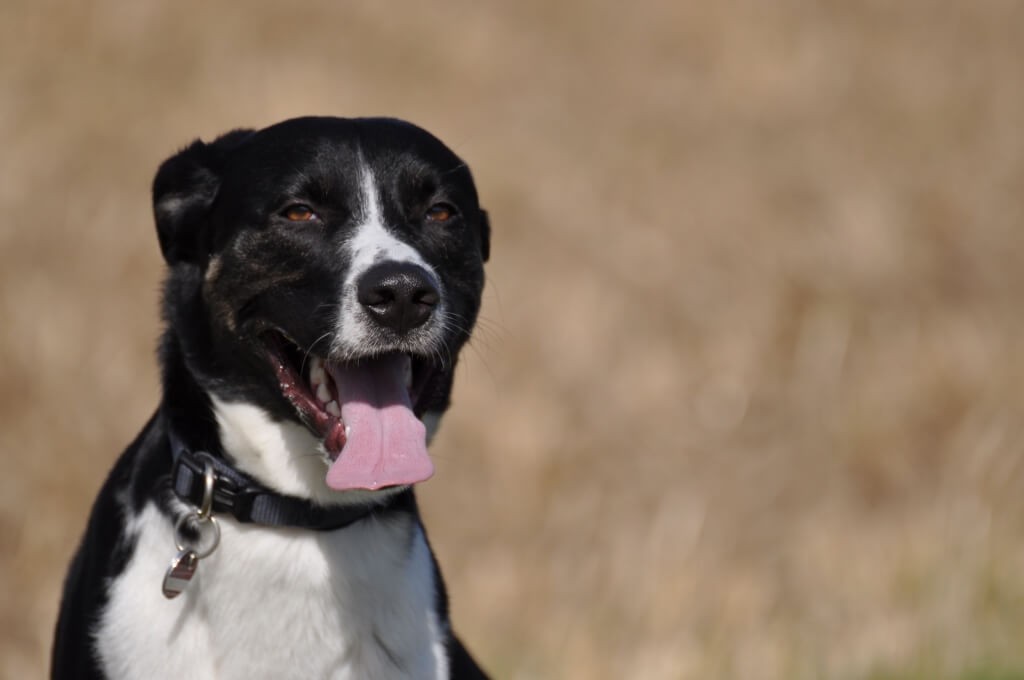
CC0 1.0 Universal (CC0 1.0) Public Domain Dedication - RAFFAEL HERRMANN
If your dog is panting more than usual, is panting at unusual times, or is panting alongside other symptoms or behavioural changes then there may be cause for concern. Common causes of abnormal panting include:
Excessive Panting
If your dog does not need to cool down then heavy panting or panting loudly or harshly could be a sign of a larger problem.
Heatstroke
If your dog is hot, is panting heavily and seems to be finding it difficult to breathe normally they could have heatstroke. They may also have glazed eyes, dark or bright red gums/tongue, a fast heartbeat, and excessive thirst. Heatstroke needs to be treated immediately.
Pain
If your dog is panting due to pain, they will probably be panting at times they normally wouldn’t. For example, when they are resting or during the night.
Medication
If your dog has been given medication then they may experience increased respiration and panting. If they are panting a lot and struggling to breathe they may be experiencing an allergic reaction. In this case, the panting may also be accompanied by vomiting and lethargy.
Bloat
Bloat could cause your dog to pant and this may be followed by dry heaving or vomiting. Bloat can be an emergency so get your dog to the vet immediately.
Laryngeal Paralysis
If the larynx is paralysed or weakened then your dog may pant more and you may hear a high-pitched wheezing noise too. Laryngeal paralysis is more common in older medium to large dog breeds.
Cushing's Disease
Cushing’s Disease is caused by excessive production of cortisol and can cause excessive panting. Dogs with Cushing’s Disease will also have increased appetite, drink more, increased urination, skin conditions, and abdominal distention.
Heart Problems
Dogs with heart problems may pant consistently, cough and struggle to catch their breath. They may also seem weak and tired.
Obesity
Overweight dogs pant more as they struggle to get oxygenated blood into their systems. It is best to speak to the vet about your dog’s weight as being overweight can lead to a number of health issues.
If you suspect your dog is unwell, contact a vet immediately.
Why Do Dogs Pant When You Pet Them?
Dogs often pant when they are excited and happy which is why they sometimes pant when being petted. In this case, the panting is mild and the dog’s mouth is open, their eyes bright and they seem relaxed and content.
Why Do Dogs Pant When Not Hot?
Panting when it’s not hot could be due to excitement, pain, stress, anxiety or a cardiovascular, respiratory, or neurological health problem. As dog panting can be a sign of a number of health concerns, it is best to take your dog to the vet for a health check.
Why Do Dogs Pant In The Car?
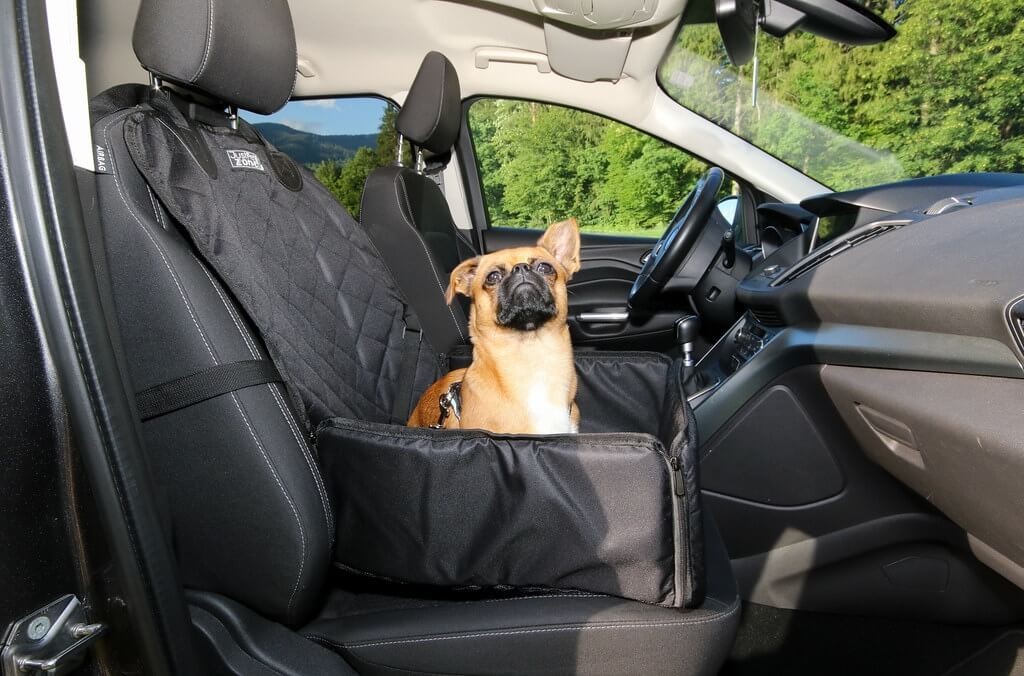
Attribution 2.0 Generic (CC BY 2.0) - Jernej Furman
Dogs may pant in the car due to car sickness, dehydration, fear, anxiety, excitement, high temperature, or overstimulation. The car is a strange environment for a dog and they may feel insecure or stressed.
You can help make car rides more enjoyable for your dog by training and conditioning your dog to see being in the car as a positive experience.
Understanding Your Dog’s Health
Dogs pant a lot and most of the time it is completely normal. Keep an eye out for excessive panting and additional symptoms as these may be a sign of something more serious. Want to know more about puppy health? Take a look at our puppy health basics and our summary of the healthiest dog breeds.







